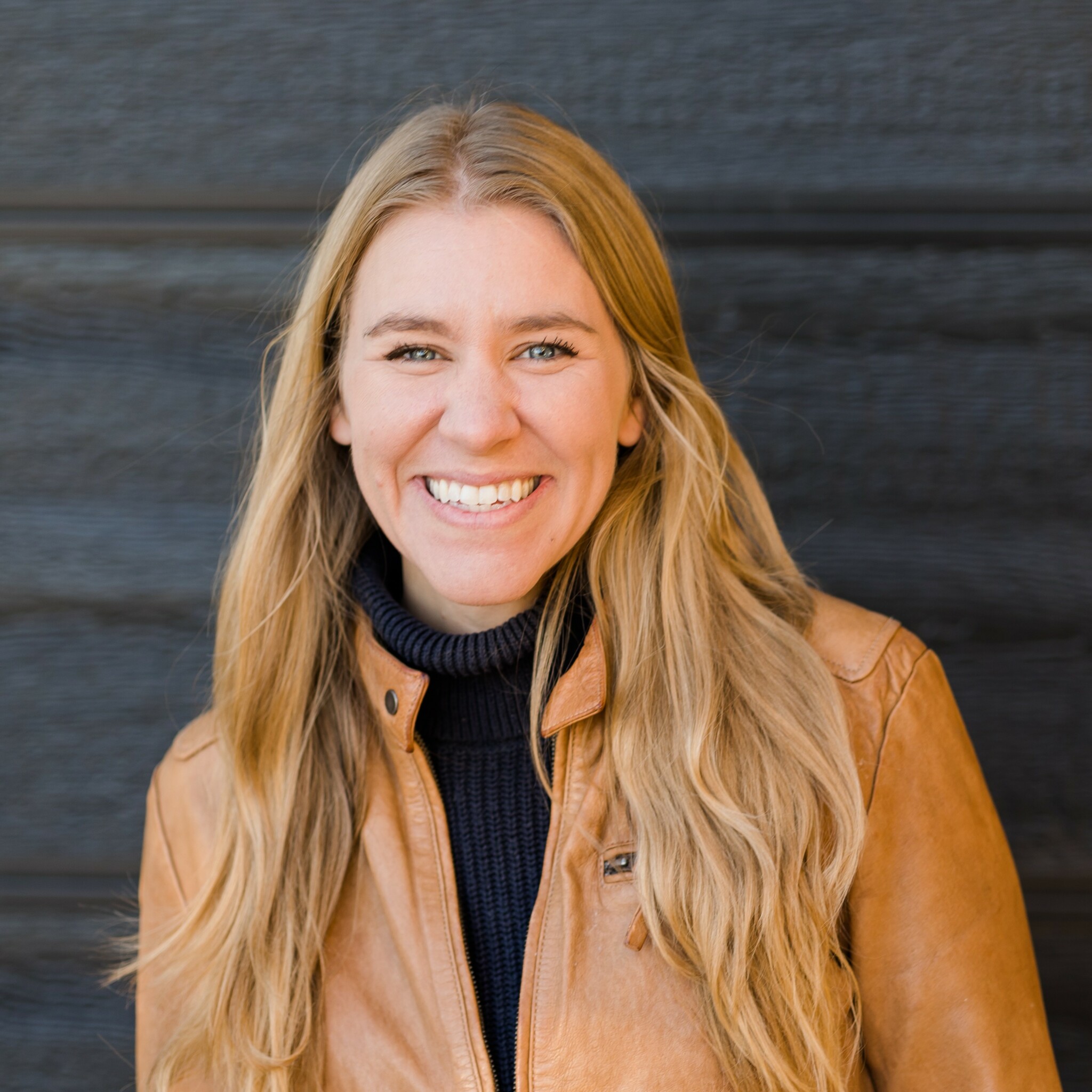Alright – so today we’ve got the honor of introducing you to Kristina Welch. We think you’ll enjoy our conversation, we’ve shared it below.
Kristina, thanks for taking the time to share your stories with us today To kick things off, we’d love to hear about things you or your brand do that diverge from the industry standard.
I don’t shy away from writing faith the way I experience it—woven into everyday life, thrilling and mysterious, messy and full of questions. We often recognize God’s work in hindsight, and that’s how it tends to unfold in my books. Instead of faith being a neatly packaged lesson, my characters wrestle with it—prayers that feel one-sided, nudges they don’t recognize as His until later, and moments of clarity that take far longer than they’d like. Publishers seem to prefer faith-based fiction to be polished, predictable, and subdued. But I want readers to see God in the details of their own lives, and realistic storytelling is a good start.
I also love incorporating pop culture references, even though I’ve been told they’ll “date” my books. Maybe they will. But “Gilmore Girls” and “Psych” still hold up with their near constant and era-specific references. I can’t be the only one who connects with my people through music, movies, and humor, and I want my writing to reflect that.
And then there’s young love in a contemporary setting—the kind Christian publishers and agents won’t touch. I’m here to normalize falling in love in college and present it honestly. Are serious relationships hard when neither person fully knows who they are yet? Absolutely. But “growing up” with my high school sweetheart has been one of the greatest gifts of my life—the hardest and the greatest. There’s something magic in a first love, and I’ve seen so much hurt from people walking away from theirs simply because they were told it wasn’t time yet.
Ultimately, I’m okay with not fitting into norms and standards, because I write the kind of stories I want to read—ones that feel real, that reflect faith as it is, and that celebrate love whenever it finds you.
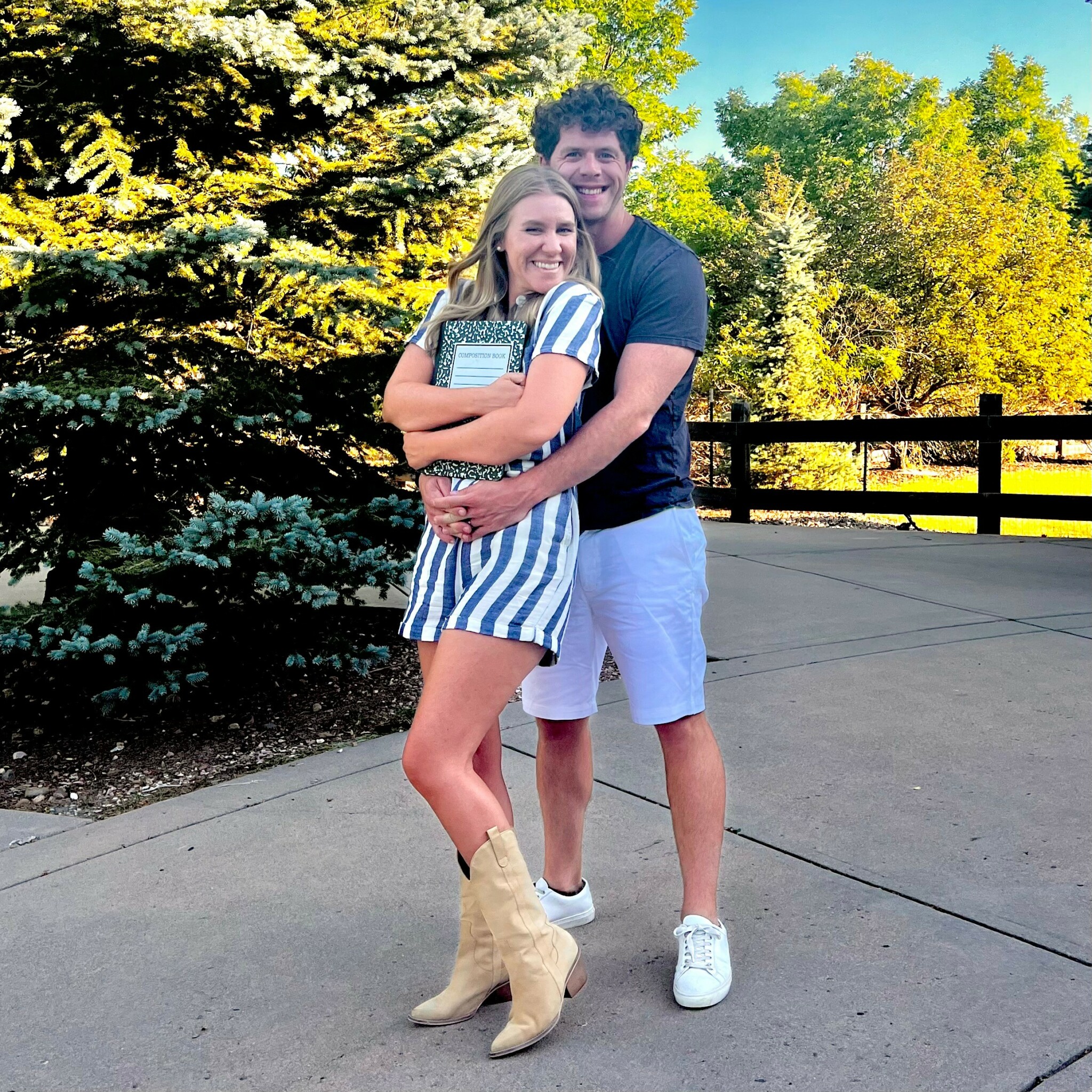
Kristina, before we move on to more of these sorts of questions, can you take some time to bring our readers up to speed on you and what you do?
I’ve been an avid reader since I was a kid—the kind hiding under the bedspread because waiting until morning to find out what happens was unthinkable. I’ve always been the type to mentally rewrite stories after finishing them, tweaking the plot or interactions to make them more satisfying, cohesive, respectful, or true to life. One day, I wrote down a list of things I loved in the books I’d read recently—character arcs, conflicts, and dynamics that hit different—and it turned into the foundation for my own story.
I started writing “Anything,” and it quickly became an all-consuming passion. But more than that, it became a way I saw God working in my life. I prayed over the story constantly, asking, What happens next? What am I missing? So, in addition to being something of a compulsion, writing is also a constant reminder that I don’t know the whole of my own story—but I have a benevolent Author guiding it.
I write Christian contemporary romance set in a college environment, a setting often underrepresented in faith-based fiction. I love swoony, witty, banter-filled romance with depth (like recovering from trauma) but not emotional agony (like war or on-screen abuse). So that’s what I write, too.
The most meaningful feedback I’ve received from readers is that my characters pray like real people—not in scripted, polished prayers, but in the same casual, mid-thought, messy way they do. Authenticity is a huge deal to me.
If you love slow-burn Christian romance with realistic, messy faith and movie quotes everywhere, let’s be friends! My website is a great place to start (kristinawelchauthor.com). You can also join my newsletter (kristinawelchauthor.com/join-the-newsletter) for brief monthly updates and freebies. And you can find me on Instagram (@_kristinawelch), where I also post reels of my family’s travel adventures.
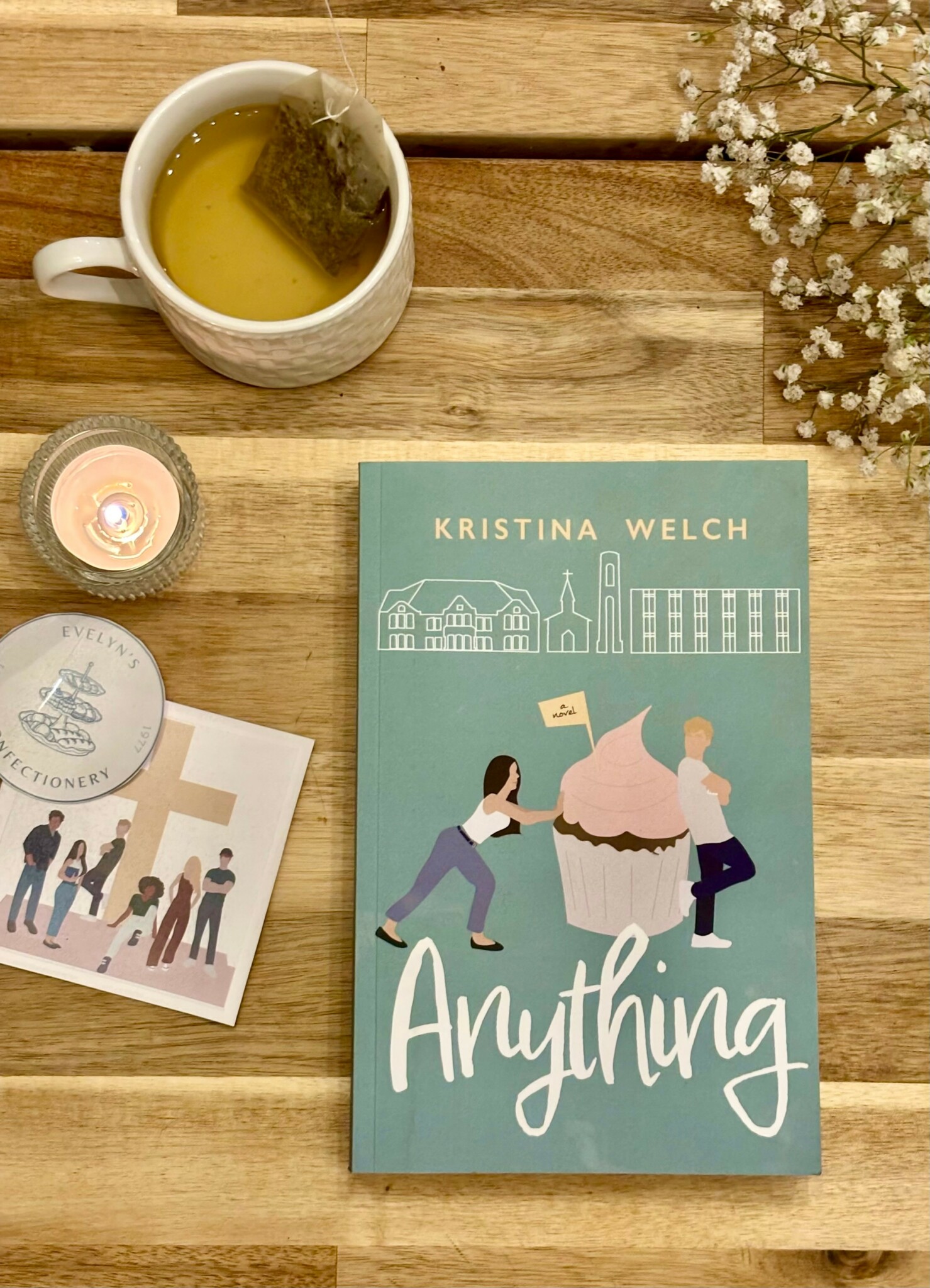
Do you think there is something that non-creatives might struggle to understand about your journey as a creative? Maybe you can shed some light?
Yes—the sheer mental space writing occupies. I can be driving, folding laundry, or having a conversation, but part of my brain is actively working through a scene, a bit of dialogue, or something I realized isn’t quite right. It’s not a job I know how to clock in and out of—my brain is always writing in the background, and that has been a hindrance for me, especially in my family, that I’m still working through.
Also, my writing doesn’t look like just outlining a story and then executing—I let my characters make their own decisions, which means countless rewrites, reworked scenes, and major plot changes along the way. As a linear thinker, this is both exhilarating and maddening. My brain craves structure, but I’ve learned that my best writing happens when I let my characters win, which often means I’m along for the (very non-linear) ride.
Then there’s the deep personal connection I have to my work. Faith and relationships are intimate, and writing about them means my experiences, questions, and perspectives are on display. When people read my books, they aren’t just engaging with a story, they’re stepping into parts of my worldview and how I’ve processed life.
Relatedly, while I steel myself for the hard work of accepting constructive criticism, one of the most challenging parts of the process is inconsistent feedback. One person loves experiencing the male main character’s point of view; the next says it’s cringey. One person says a traumatized girl would take longer to heal; the next says the plot dragged on too long. Learning to filter through the noise while growing from my mistakes is its own skill—and one I’m still mastering. I’m learning to listen most carefully to those who have real experience with the issue at hand, those with skin in the game.
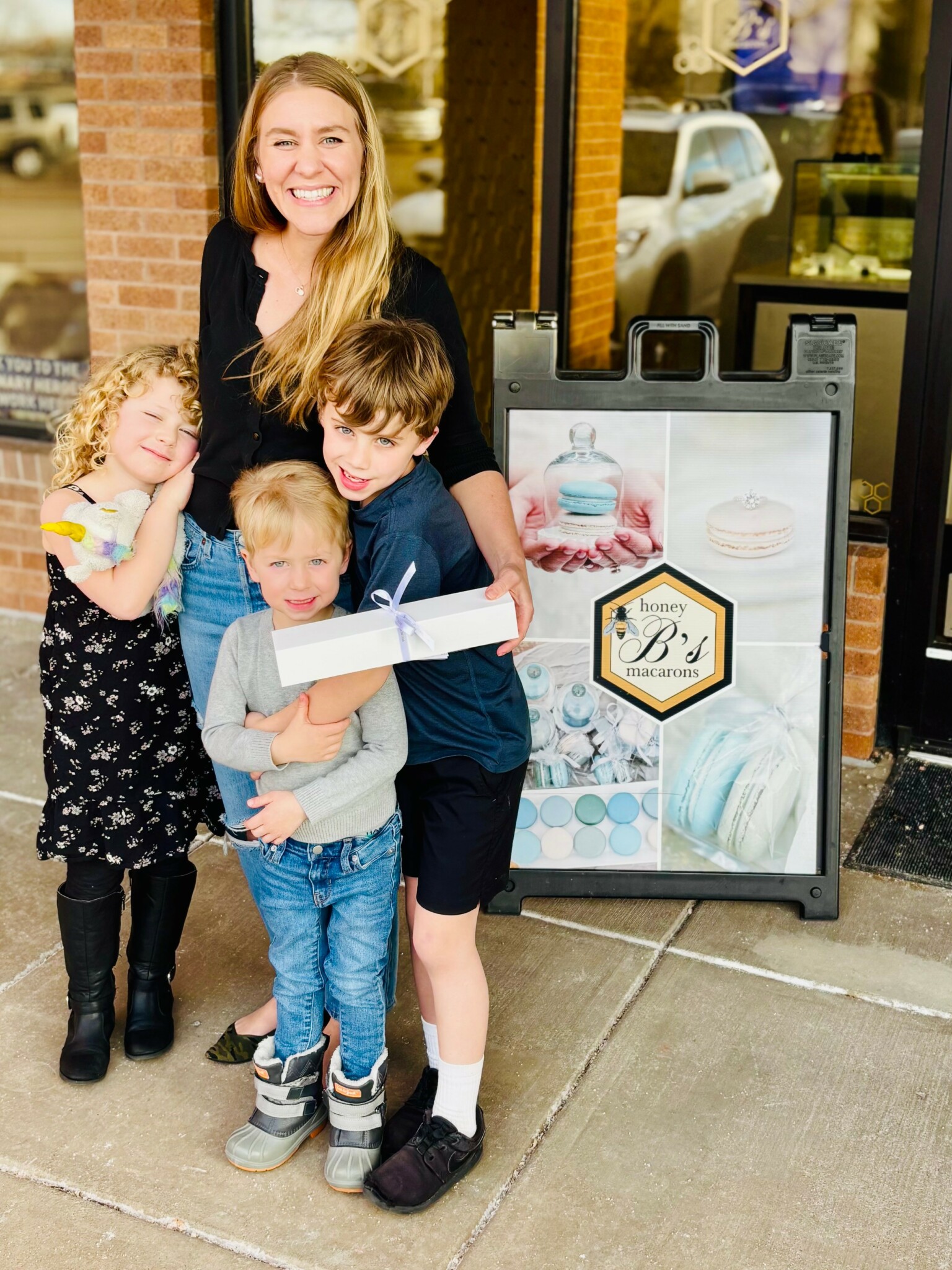
What’s a lesson you had to unlearn and what’s the backstory?
So many books are written about writing, and agents and publishing professionals are quick to recommend a slew of them. Eager to improve, I read them and applied their advice with vigor—until my writing lost its soul. My voice was buried under a pile of rules, formulas, and best practices. I know I’m not the only one to experience this.
I had to unlearn the idea that people in the industry know the specifics of my project—down to which words to use and not use. Industry professionals offer valuable insights, but they don’t have an intimate knowledge of my story, my style, or my audience.
Two things have been far more valuable in growing my craft.
First, working with my editor. In addition to editing, she offered additional coaching—a Godsend. She’s highly successful, she knows the industry, and—importantly—she actually enjoys my genre. Her feedback was targeted, practical, and directly applicable to my work in a way generic writing advice rarely is.
Second, reading strategically. Instead of trying to absorb every writing tip out there, I focus on:
1) Books in my genre—to study what works (and what doesn’t) in context.
2) Excellently written books, regardless of time period or category—because I believe writers are shaped by what they consume.
At this stage, I’m loose with my pride but careful about taking advice. The best way to sharpen my craft is to learn from those already doing it well.
Contact Info:
- Website: https://kristinawelchauthor.com
- Instagram: @_kristinawelch

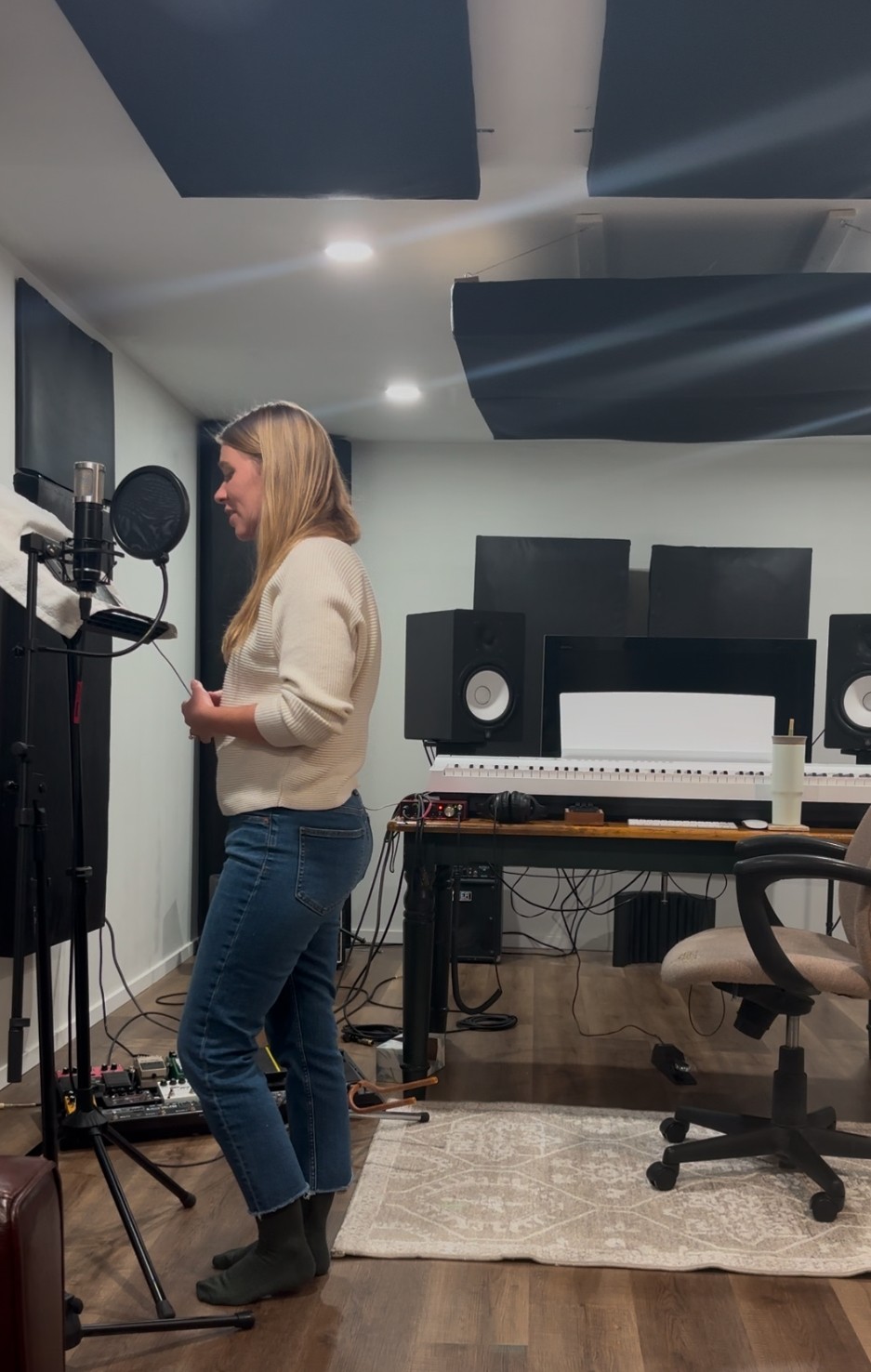
Image Credits
Brooke Ashlee Photography (personal photo)


